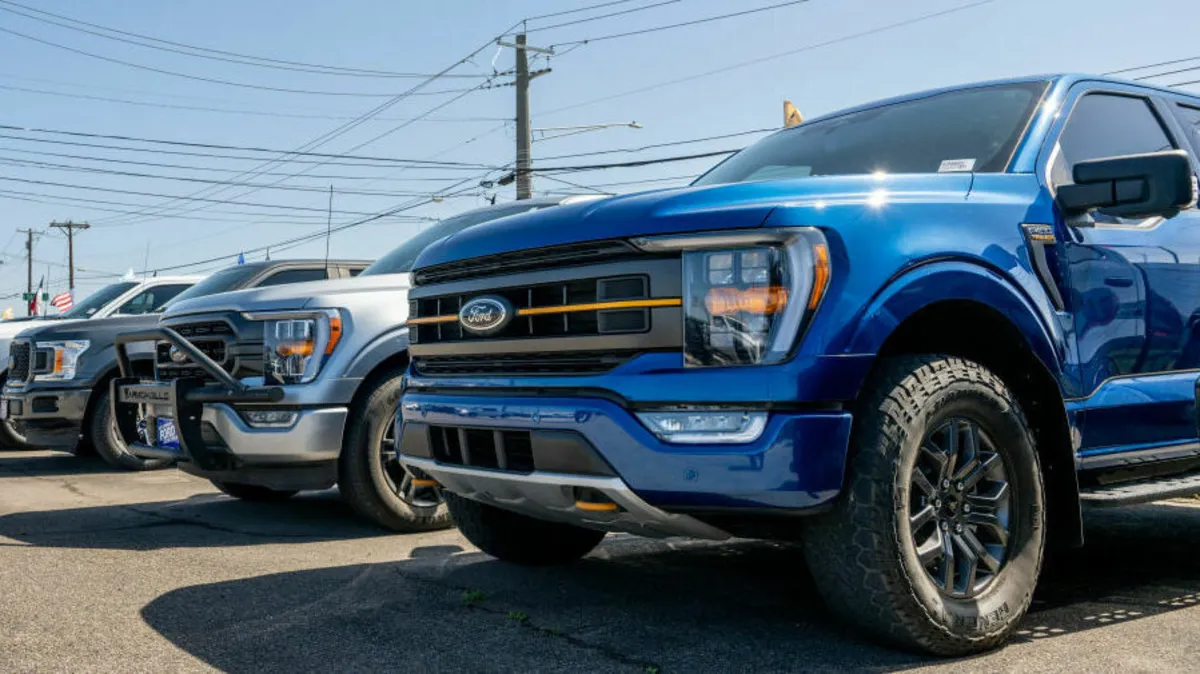
As concerns grow over President Trump's tariffs on automobiles, Americans are flocking to car dealerships in droves. Many consumers are anxious about the potential impact of these tariffs on car prices in the coming months. According to market research firm Cox Automotive, new vehicle sales have been on a steady rise this year, with a significant spike in March, coinciding with President Trump's announcement regarding upcoming auto tariffs.
Shoppers are eager to purchase vehicles this spring, driven by the belief that car prices will increase during the summer and fall. Market analysts suggest that if the tariffs remain in place, this price surge is likely to occur. The sense of urgency among consumers reflects a broader concern about the future affordability of vehicles, prompting many to make their purchases sooner rather than later.
President Trump's gamble with the tariff strategy aims to encourage domestic car manufacturers to produce more vehicles within the United States. This approach is designed to bolster the American automotive industry but could have unintended consequences for consumers, including higher prices. The implications of these tariffs extend beyond immediate price increases, potentially affecting the overall market landscape for years to come.
In a recent conversation with NPR, Ford Motor Company CEO Jim Farley, who was visiting Ford's Kentucky truck plant, shared his thoughts on the ramifications of Trump's tariffs and the company's future in this evolving market. Farley's insights highlight the delicate balance between maintaining competitive pricing for consumers while navigating the complexities introduced by tariff policies.
For those interested in staying updated on the latest developments regarding tariffs and their impact on the automotive industry, consider tuning into the Consider This podcast. You can sign up for sponsor-free episodes via Apple Podcasts or at plus.npr.org. For inquiries, feel free to reach out via email at considerthis@npr.org.
This insightful episode was produced by Alejandra Marquez Janse, featuring audio engineering by Simon-Laslo Janssen. The editing team, including John Ketchum and Sarah Handel, received additional support from Camila Domonoske. The executive producer overseeing this project is Sami Yenigun.